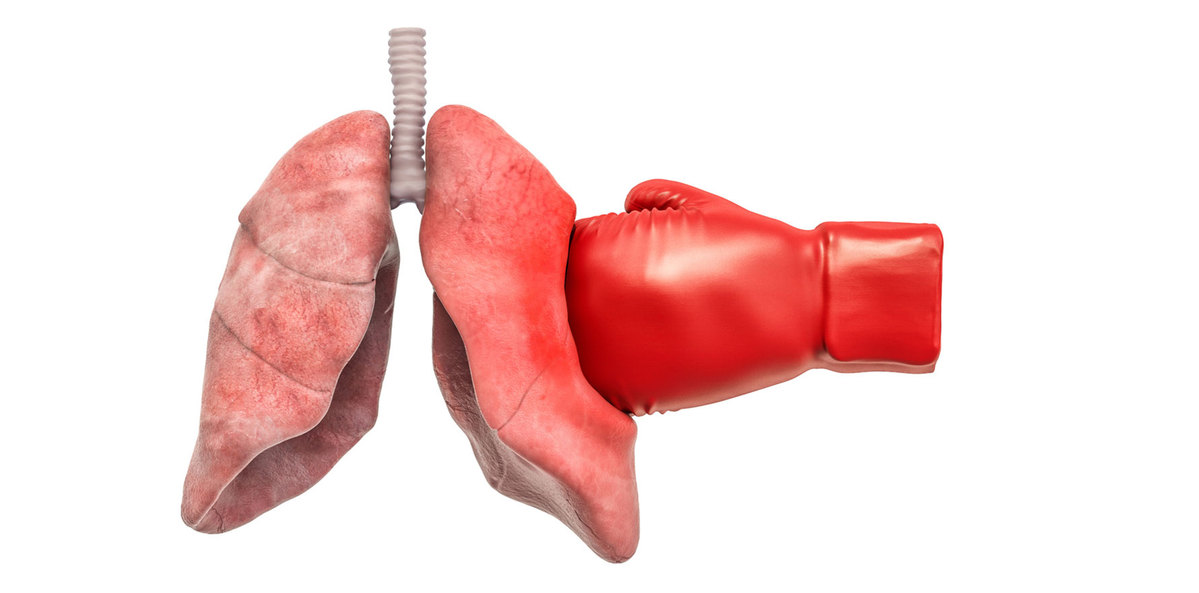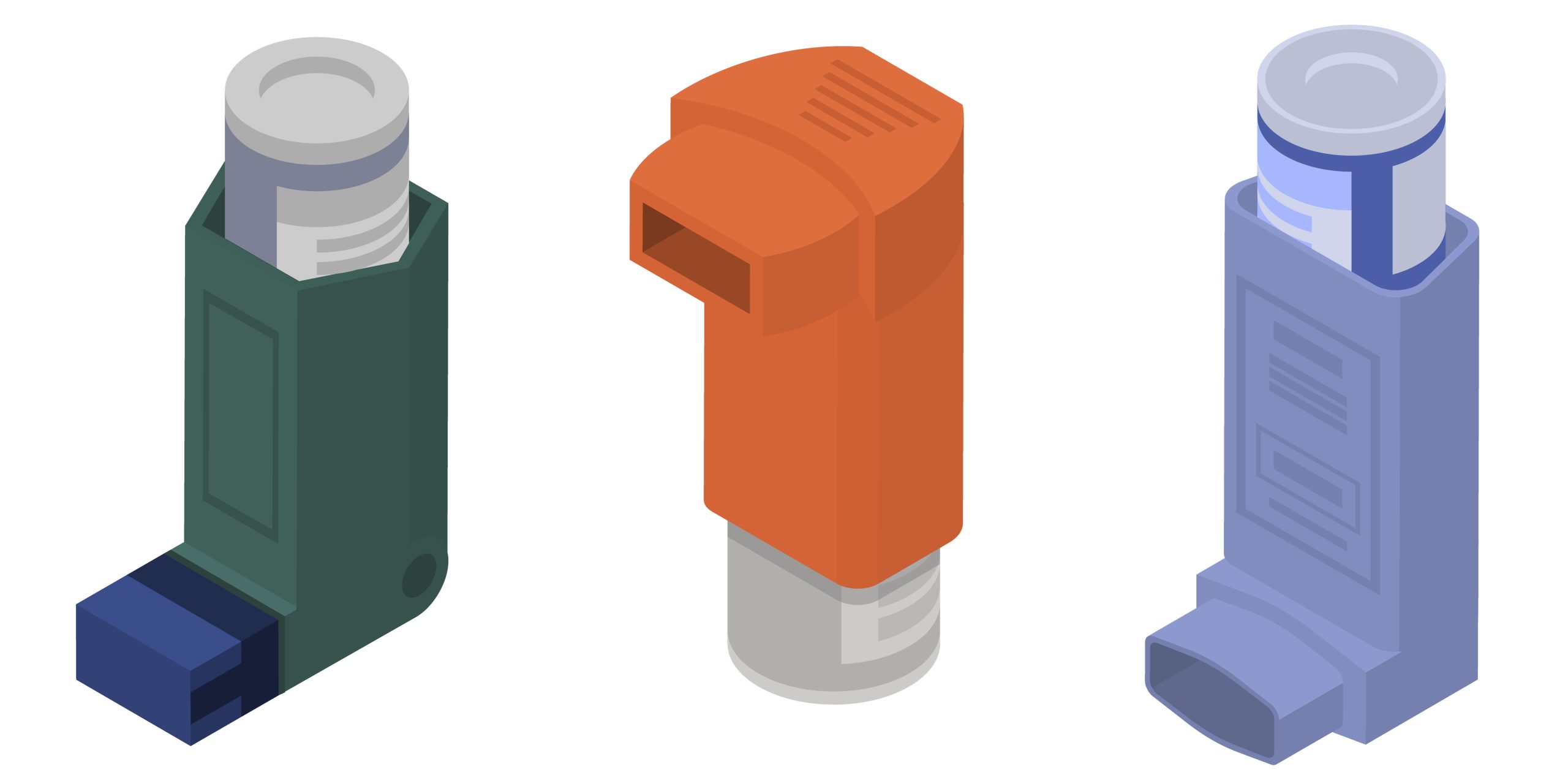The first novel therapy in half a century for eosinophilic exacerbations means patients can avoid oral steroids altogether.
People with an eosinophilic exacerbation of asthma or COPD will now have a better option than corticosteroids, in the first new treatment for these conditions in more than 50 years.
A study published in The Lancet Respiratory Medicine has found that patients who received benralizumab injections were only a quarter as likely to need repeat treatment or die than those given standard of care.
An eosinophilic exacerbation can be identified by a simple blood test.
“Someone is being hospitalised for an asthma or COPD exacerbation every seven minutes in Australia,” Australian lead author, Dr Sanjay Ramakrishnan – who is now clinical senior lecturer at the University of Western Australia but began working on the study while at Oxford – told the media.
“Together, they account for the most preventable hospital admissions in Australia. COPD is the third-leading cause of death worldwide but treatment for the condition is stuck in the 20th century. We need to provide these patients with life-saving options before their time runs out.”
One in 13 Australians over the age of 40 has COPD, around half without knowing it, and many of the 474 asthma-related deaths in Australia last year were avoidable, the researchers said.
About half of asthma and 30% of COPD exacerbations are caused by inflammation due to high eosinophil levels.
Benralizumab targets eosinophils and is one of four monoclonal antibodies already used in asthma management in Australia. It is a preventative add-on for patients aged 12-plus with severe allergic or eosinophilic asthma that can’t be controlled with high-dose inhaled corticosteroids and long-acting beta agonists.
Standard treatment for acute exacerbations is prednisolone, which causes side effects including diabetes and osteoporosis.
This phase II trial, conducted in the UK, included 158 adults (mean age 57) who presented at emergency departments or urgent care clinics having an acute exacerbation of either COPD or asthma, with a blood eosinophil count of 300 cells per µL or higher.
They were equally randomised to receive either prednisolone 30mg once daily for five days and one 100mg injection of benralizumab; or placebo tablets once daily for five days and one 100mg injection of benralizumab; or prednisolone 30mg once daily for five days and one placebo injection.
Of those who were only given the standard steroid tablet treatment, nearly three-quarters experienced treatment failure within three months. That figure was 45% in the benralizumab groups.
At 28 days, symptoms of cough, wheeze, sputum and breathlessness were significantly better for patients who received benralizumab than for the steroid-only group. And hyperglycaemia and sinusitis or sinus infection adverse events occurred only in participants who had prednisolone.
Related
In addition, the authors said the findings suggested that treatment with benralizumab reduced future need for corticosteroid treatment.
“[O]n the injections, it’s fantastic. I didn’t get any side effects like I used to with the steroid tablets. I used to never sleep well the first night of taking steroids, but the first day on the study, I could sleep that first night, and I was able to carry on with my life without problems,” trial participant Geoffrey Pointing told the press.
Professor Peter Wark, member of the National Asthma Council Australia Guidelines Committee, conjoint professor of medicine at Monash University and a respiratory and sleep specialist at John Hunter Hospital, Newcastle, told TMR the findings of the trial were “really exciting”.
“It’s huge,” he said.
“The group that just received benralizumab and received no prednisone was non-inferior to the other arms.
“So it really says that if you select these people, and it doesn’t matter whether they’ve got a label of asthma or COPD, but if they have an acute exacerbation associated with eosinophilia, they get a better response with benralizumab without exposing them to oral corticosteroid at all.”
Professor Wark confirmed that the auto-injector could be easily administered in a primary care setting or any hospital in Australia.
“It’s such an important and frequent problem and yet this is probably the most novel intervention we’ve seen in this space in many, many years,” he said.





